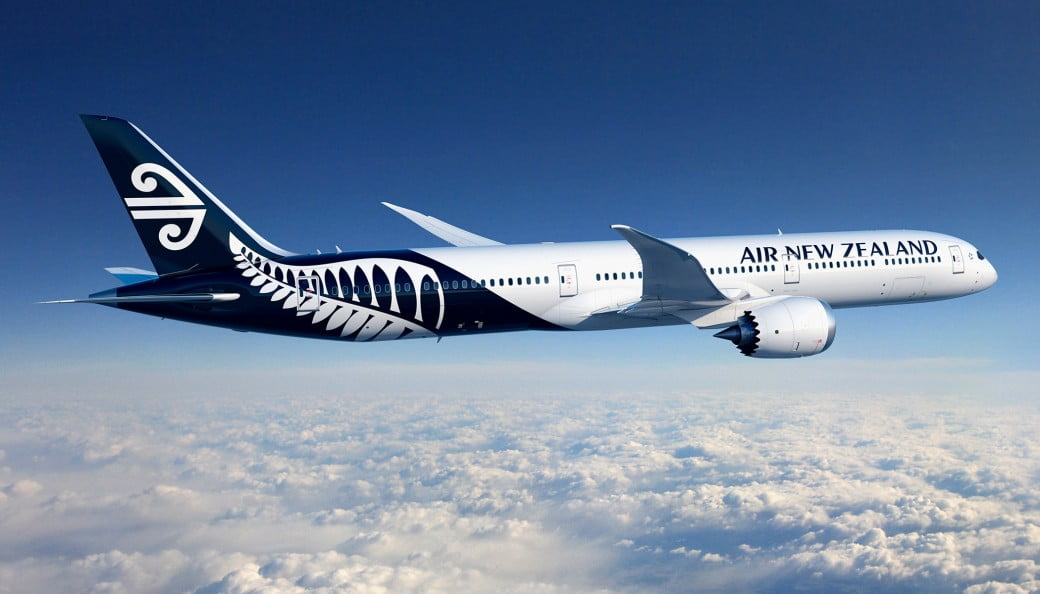Air New Zealand has abandoned its 2030 goal to reduce carbon emissions, citing difficulties in securing more efficient planes and sustainable jet fuel. This makes it the first major airline to back away from such a climate target. The airline stated it is working on a new short-term target and remains committed to the industry-wide goal of achieving net zero emissions by 2050.
The aviation industry contributes around 2% of global carbon dioxide emissions, which airlines have been trying to reduce by replacing older aircraft and using renewable fuels. Air New Zealand CEO Greg Foran mentioned that potential delays in fleet renewal pose additional risks to achieving the target.
In 2022, Air New Zealand set a 2030 target to cut emissions by almost 29%, a more ambitious goal than the global aviation industry’s 5% reduction over the same period. Sustainable Aviation Fuels (SAF) are crucial to the sector’s strategy to cut emissions, but airlines have struggled to purchase enough. Ellis Taylor from aviation analytics firm Cirium noted that SAF is more expensive than traditional fuels and lacks production capacity.
The International Air Transport Association (IATA) stated that the industry’s emissions reduction target remains “net zero by 2050” and that airlines are not retracting their commitment. However, achieving this target requires supportive measures from governments, including scaling up SAF production and developing new technologies like hydrogen and carbon removals.
Mr. Taylor added that airlines are also facing delays in new aircraft deliveries, with both Boeing and Airbus under-delivering due to supply chain issues.

